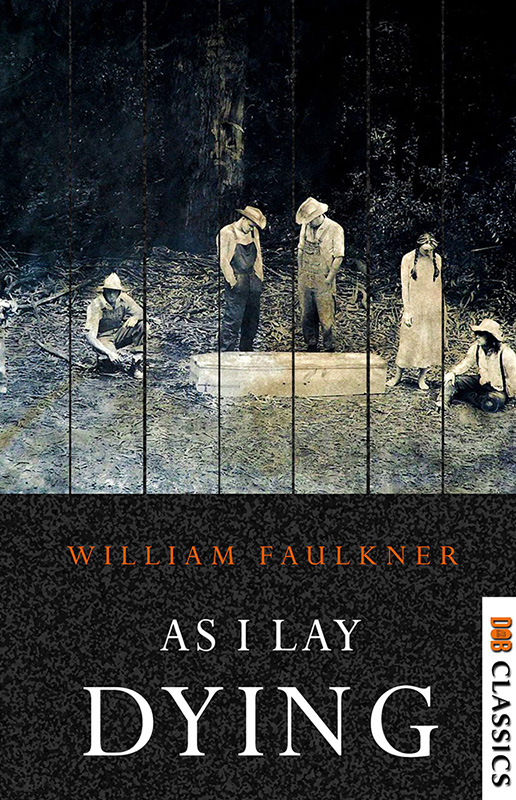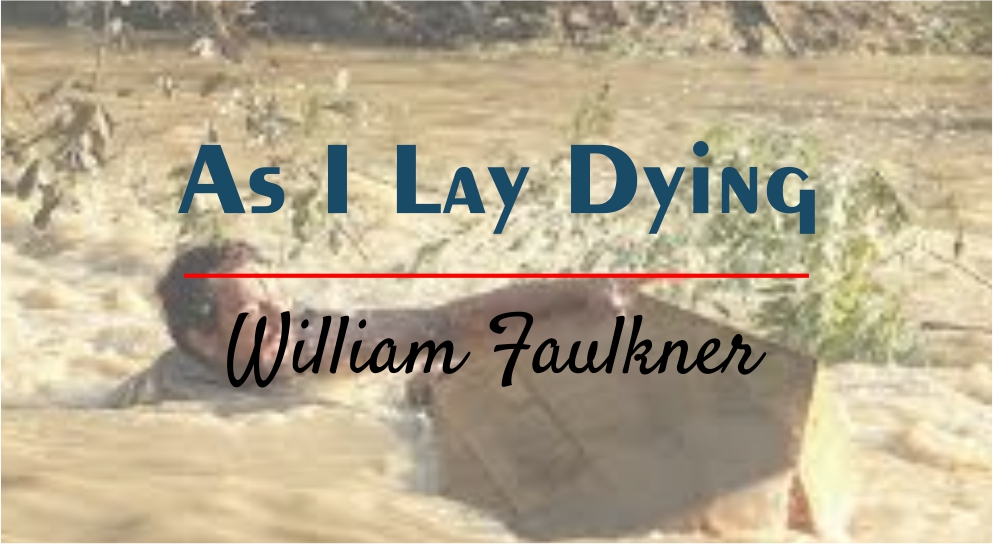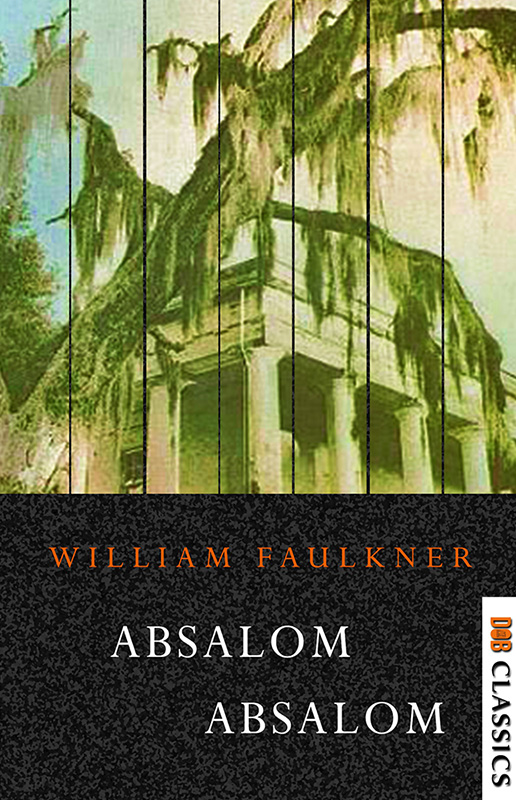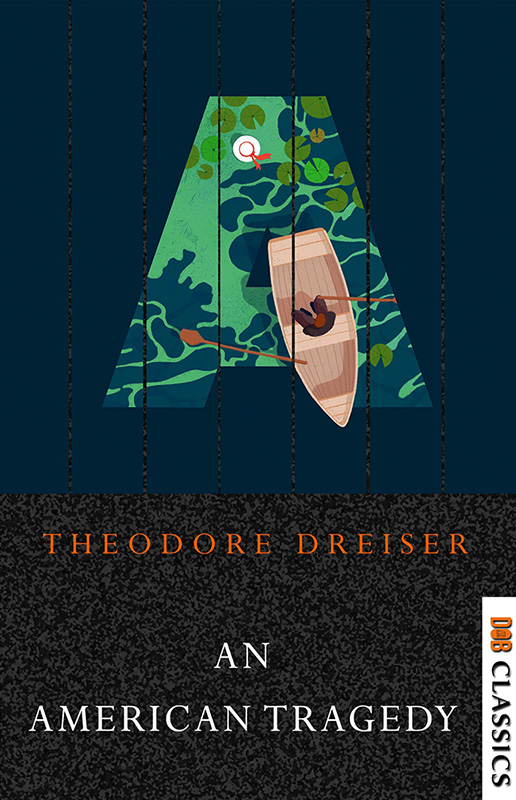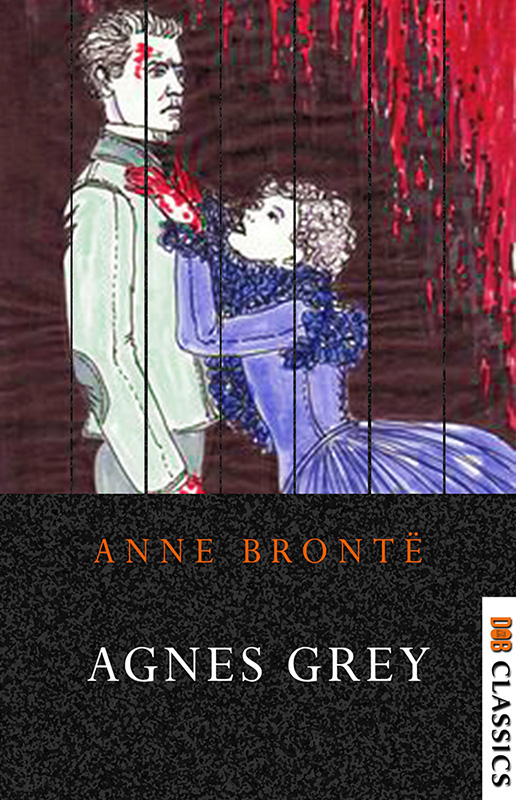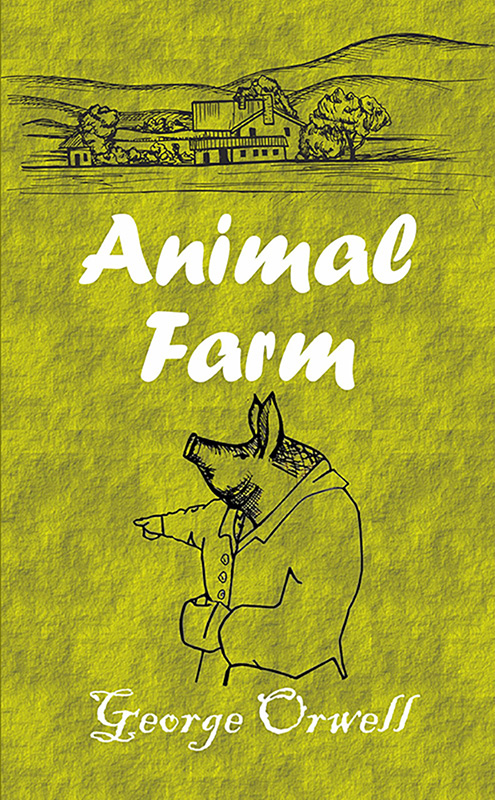As I Lay Dying is a 1930 Southern Gothic novel by American author William Faulkner. Faulkner's fifth novel, it is consistently ranked among the best novels of 20th-century literature. The title derives from Book XI of Homer's Odyssey (William Marris's 1925 translation), wherein Agamemnon tells Odysseus, "As I lay dying, the woman with the dog's eyes would not close my eyes as I descended into Hades."
The book is narrated by 15 different characters over 59 chapters. It is the story of the death of Addie Bundren and her poor, rural family's quest and motivations—noble or selfish—to honor her wish to be buried in her hometown of Jefferson, Mississippi.
In the novel's first chapters, Addie is alive, though in ill health. Addie and others expect her to die soon, and she sits at a window watching as her firstborn child, Cash, builds her coffin. Anse, Addie's husband, waits on the porch, while their daughter, Dewey Dell, fans her mother in the July heat. The night after Addie dies a heavy rainstorm sets in; rivers rise and wash out bridges that the family will need to cross to get to Jefferson.
The family's trek by wagon begins, with Addie's non-embalmed body in the coffin. Along the way, Anse and the five children encounter various difficulties. Stubborn Anse frequently rejects any offers of assistance, including meals or lodging, so at times the family goes hungry and sleeps in barns. At other times he refuses to accept loans from people, claiming he wishes to "be beholden to no man," thus manipulating the would-be lender into giving him charity as a gift not to be repaid.
Jewel, Addie's middle child, tries to leave his dysfunctional family after Anse sells Jewel's most prized possession, his horse, yet Jewel cannot turn his back on them through the tribulations of the journey to Jefferson. Cash breaks a leg and winds up riding atop the coffin. He stoically refuses to admit to any discomfort, but the family eventually puts a makeshift cast of concrete on his leg. Twice, the family almost loses Addie's coffin—first, while crossing a river on a washed-out bridge (two mules are lost), and second, when a fire of suspicious origin starts in the barn where the coffin is being stored for a night.
After nine days, the family finally arrives in Jefferson, where the stench from the coffin is quickly smelled by the townspeople. In town, family members have different items of business to take care of. Cash's broken leg needs attention. Dewey Dell, for the second time in the novel, goes to a pharmacy, in an effort to obtain an abortion that she does not know how to ask for. First, though, Anse wants to borrow some shovels to bury Addie, because that was the purpose of the trip and the family should be together for that. Before that happens, Darl, the second eldest and thoughtful, poetic observer of the family, is seized for the arson of the barn[clarification needed] and sent to the Mississippi State Insane Asylum in Jackson.[5] With Addie only just buried, Anse forces Dewey Dell to give up her money given to her by Lafe (the man who got her pregnant) for an abortion, which he spends on getting "new teeth," and quickly marries the woman from whom he borrowed the shovels.
As are many of Faulkner's works, the story is set in Yoknapatawpha County, Mississippi, which Faulkner referred to as "my apocryphal county," a fictional rendition of the writer's home of Lafayette County in the same state.
